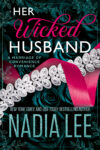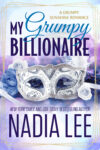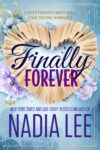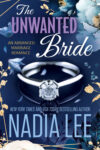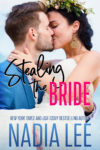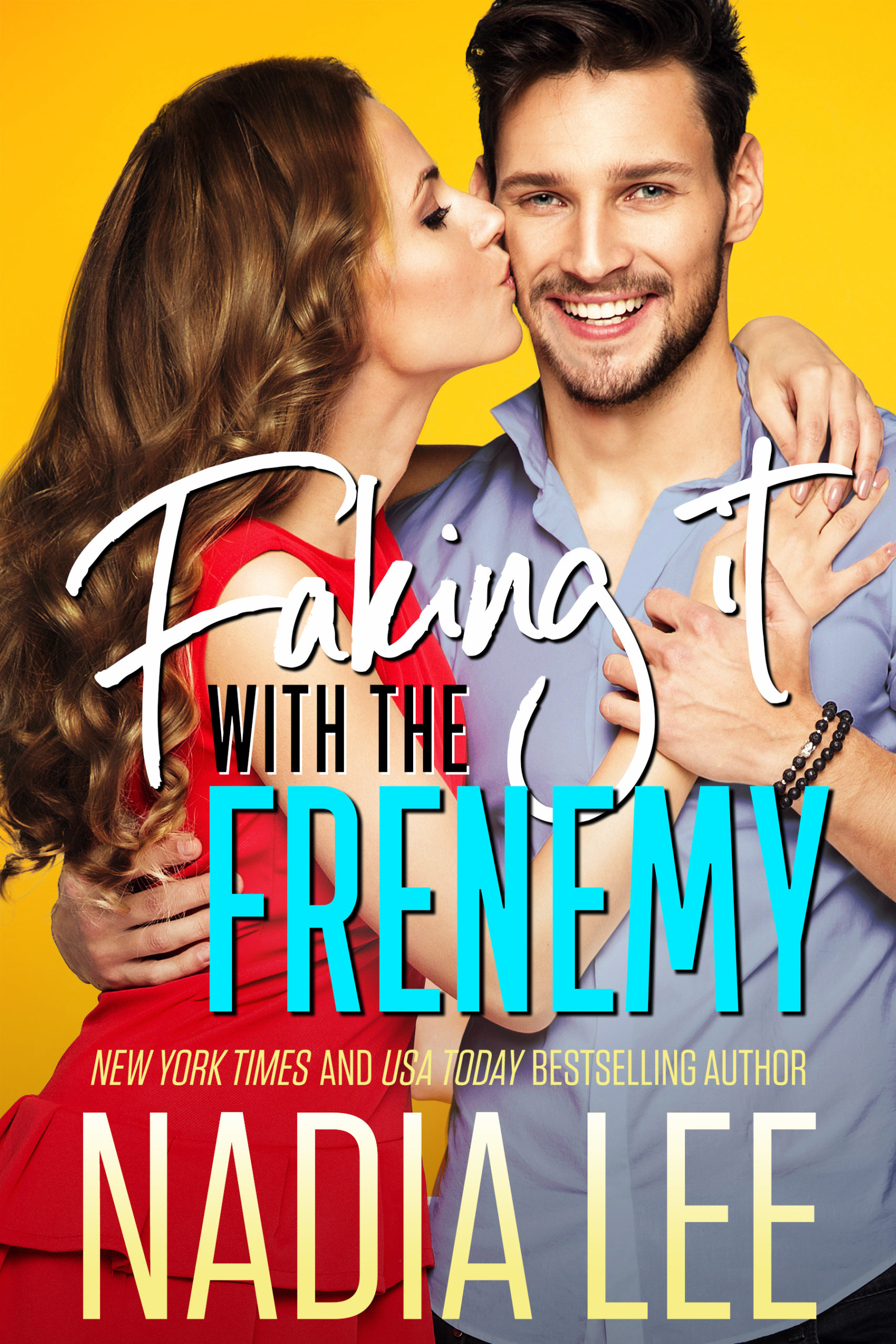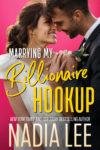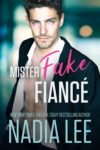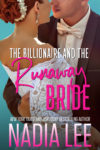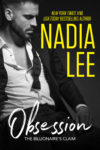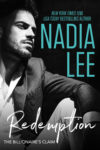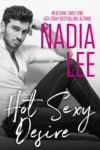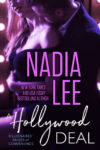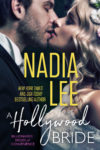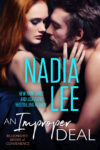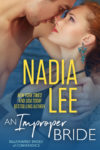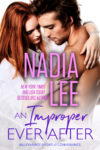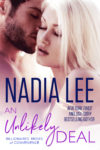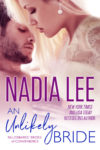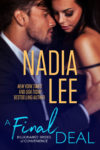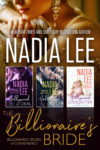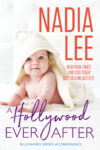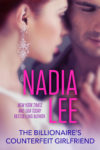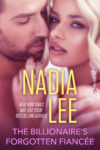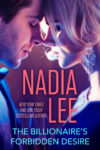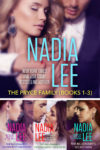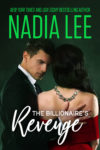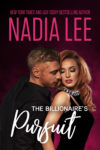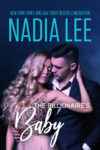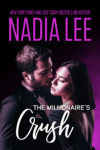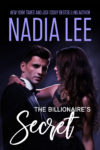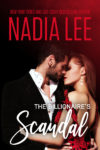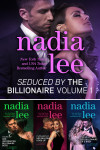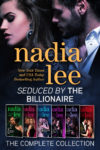Hypothetical Scenario:
Suzy just received an offer of publication. She wishes to be paid 10% royalties, but Publisher says it can only pay 8%. Publisher says it's only a 2% difference. So Suzy agrees to the offer.
Later, Suzy writes another book and receives an offer of publication from Publisher. She wants to get paid 8% royalties, but Publisher says it can only pay 6%. Publisher says the economy's really bad, and that it really can't pay 8%. It tells Suzy that the royalty difference is only 2% just like before, so why not play the ball?
Suzy, feeling like it's only 2% just like before, signs the contract.
How much total earning potential Suzy gave up in both contracts? (Please calculate in percentages!)
.
.
.
.
.
Ready?
Answer: It's not 2% for both cases. In the first case (10% to 8%), Suzy gave up 20% of her total earning potential. (If Suzy were to have earned $500 if she were getting 10%, then she would get $400 at 8%. The difference from $500 to $400 is $100, or 20%.) In the second case (8% to 6%), she gave up 25% of her total earning potential.
So Publisher's assertion that it's only 2% lower for both cases appears correct only if you're thinking about the total revenue that the book will make, which of course doesn't really matter to Suzy because she's never going to see that total amount of money. All she should be worrying about is her cut, and her cut is being cut by 20% (or 25%, depending on the scenario).
Why am I “lecturing” on math?
Recently I saw a discussion on Twitter about agent pay (#agentpay). Victoria Strauss, for whom I have great respect, said maybe the agent commission could be changed. You can read her entire post here.
The comments from some writers showed that some of them aren't thinking about the issue in the right way.
If agent's commission were to jump from 15% to 20%, it's not a 5% increase. It's actually a 33.3% increase. Look at Emily's math here.
This is probably the same reason why people think that giving up a few percentage points here and there in royalties affects them very little. But it's actually pretty significant.
So don't throw away your earnings, thinking it's only 1%. It's not! Do yourself a favor and punch in some numbers on your calculator before agreeing to anything.


